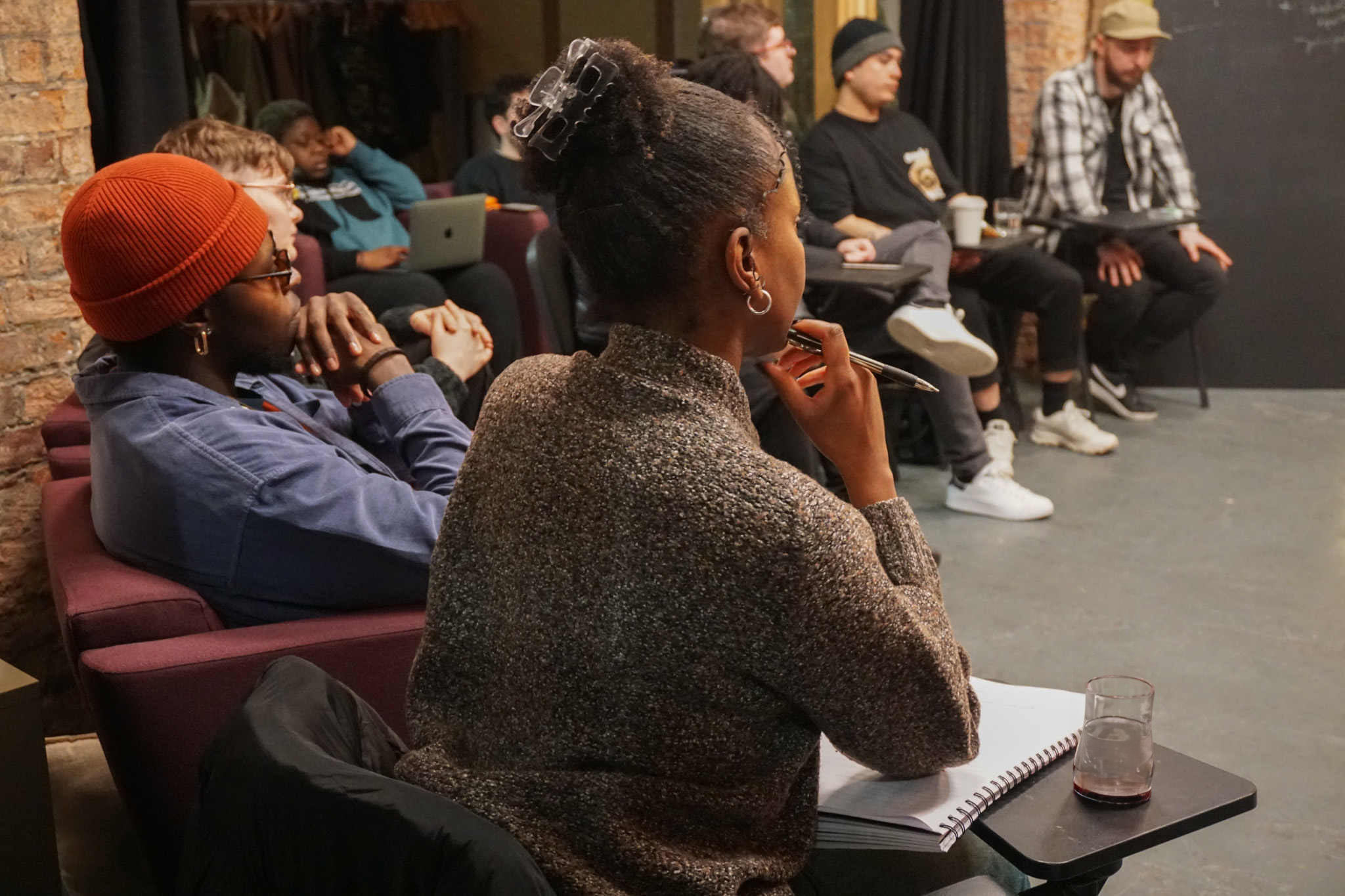
FUNDING RESOURCES & TIPS FROM REFORM
By Reform Radio
on Wed Apr 03 2024
As you might already know, Reform Radio is a non-profit and Arts Council England’s National Portfolio Organisation. Over the past decade of our work, we have been lucky enough to receive support from a brilliant range of funders. It is these funders who have made our growth and development possible to get us where we are today.

Applying for financial support as an organisation remains equally as important now as it was for us in the early days of our journey. From gaining support to facilitate our courses, to allowing us to offer the covering of travel and lunch expenses for our participants, our funding fuels all the work we do. With years of experience working with those aiding our practice, we are able to offer insight and advice to our community who are applying for financial support for both their projects, or as individuals. We are proud to do this through the likes of workshops, online content and 1-2-1 assistance.


Approaching a funding application may feel daunting, especially if you’ve never completed one before. Many application processes can differ. You may apply for grants in different scenarios; as an individual, an organisation, or for a specific project.
Here are some top tips from one of our directors, Jemma, to consider if you’re looking for guidance on applying.
1 – Check the eligibility for the funding before you start the application process. You can usually find this in the grant’s guidance information and may outline demographic, geographical, or turnover requirements. Eligibility is a non-negotiable when it comes to funders allocating their budget, so it’s vital to check this and make sure you aren’t applying for support you aren’t eligible for. If you’re unsure about anything regarding this, reach out to the funder.
2 – Check if you need a personal or a business bank account to receive the grant. Sometimes funders may specifically ask for a business bank account to transfer the money into. If you do not have a business account, organisations may be able to help you by holding your money for you and allow you to apply with their account information.
3 – Check the deadline dates and start working on the application before the submission portal opens. Turnaround can be fast. This will also allow you some contingency time for technical issues, or to reach out to experienced individuals to check over your application and offer feedback.

4 – Work on a separate auto-saving document to the form on the granter’s website. Not only does this prevent you losing your work, but softwares such as Google Drive have grammar-checking and word count devices.
5 – Develop partnerships and utilise them to strengthen your application. Consider who is going to help you with your project and how they benefit you and your application. Who are your recruitment partners, or who is going to help promote your project? Who is going to patch up the gaps in your skillset internally to perform your work to the highest standard? Not only will this help you achieve a high quality project, but funders also value when multiple parties are working together on the same cause.
Application processes and funding requirements are all unique. This is why it’s so important to take your time, read through the grant’s guidelines and ensure you have prepared effectively for submitting your bid. With the tips and resources above, we hope to have helped make the task more approachable. Although the processes may appear intimidating, it is well worth researching and applying for support to help make your ideas become reality. Regardless of the outcomes, applying is brilliant experience and the more applications you make, the sooner you will become a pro on funding bids.
If you are interested in getting involved in our next Creative Leadership course, drop us an email at projects@reformradio.co.uk.